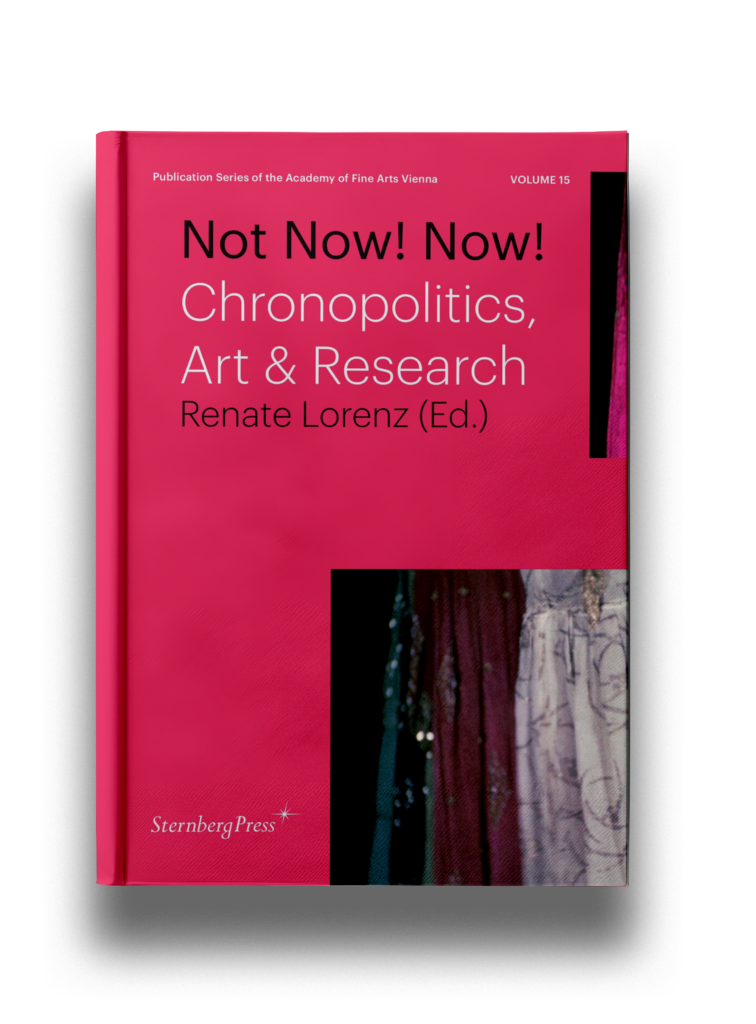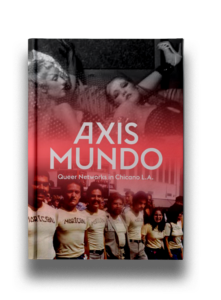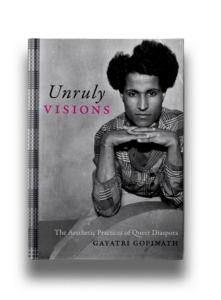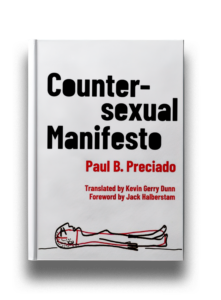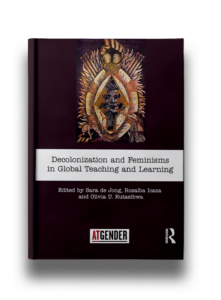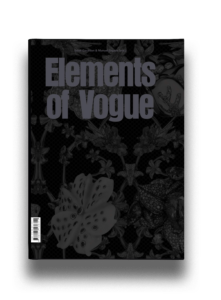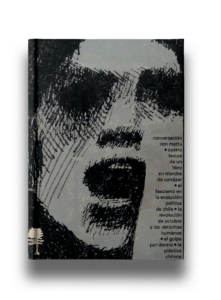Year
2014
Publisher
Sternberg Press
Author
Renate Lorenz
Annotation
In a time of hyperproductivity and much-needed historiographical revision, the notion of chronopolitics (or how every form of subjectification articulates a particular temporality with specific politics to it) has proven incredibly powerful in reconsidering the temporal order in which art practice, labour and research are inscribed; but, also, the ones they produce, challenge or disrupt. This publication takes its cue from Elizabeth Freeman’s queer perspective of time in Time Binds (Duke University Press, 2010) to incorporate black and postcolonial critiques of time and modernity in order to trace how certain artistic practices contest and prompt alternatives to the hegemonic organisation of temporal experience — be it intimate, social or historical — by minor gestures such as citing, stuttering, disruption or deferral.
Julia Morandeira Arrizabalaga
What I am doing in my work is not returning to anything, but rather speaking from an understanding of public and from an understanding of my own public relations as composed of and through multiple temporalities that are held together in a singular moment.
